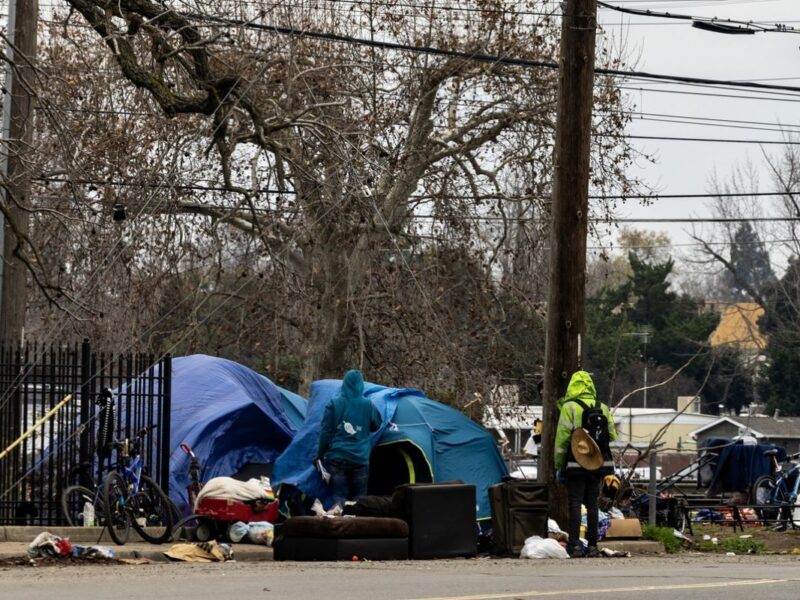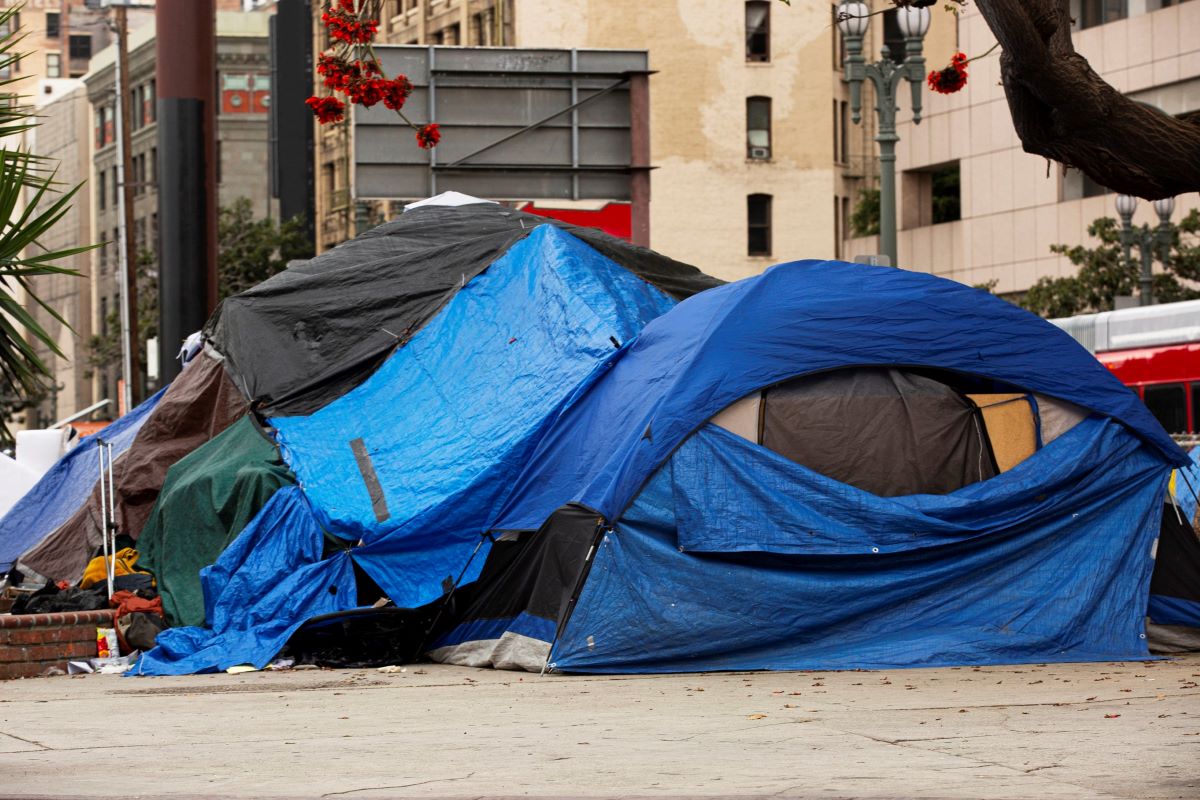History books portray primitive humans as backward in all of the worst ways. We have heard stories of unfathomable cruelty, bloodthirsty kings willing to do anything to stay in power, and power-hungry dictators committing genocides and poisoning the planet.
If you were to look back at a timeline through this lens, you might think that everything leading to present-day society was merely a thorny path to power lined with guillotines and crucifixes, paved in the blood of the innocent, the meek, and the poor. Perhaps, this is even true.
We are told that, comparatively, modern society is much more civil. We communicate more effectively, bathe more frequently and treat our children as valuable members of society rather than farmhands.
Everything about us – from our political systems to our educational institutions, from our moral views to our plethora of pharmaceutical options – is described as advanced, sometimes superior. Literature suggests that while being far from a utopia, the industrialized life of the present-day is as close to perfect as it possibly could be.
What if that’s a lie?
Toxic Capitalism and Individualism: A Baneful Combination to Both Peddle and Consume
Economic polarization, fueled by toxic capitalism and individualism, has created unfathomable inequality in wealth, and it shows.
The United States is a poster child for extremes, a place where wealth and poverty often coincide but do not amicably coexist.
In San Francisco, for example, million-dollar luxury condos now overlook one of the biggest homeless encampments in the country. The contrast between the condos’ contemporary finishings, private rooftop decks, and up-to-the-minute appliances and the encampment’s utter lack of basic necessities is really telling.
Rat infestations and exposure to harsh weather make the tent encampment a terrifying place to put one’s head. Residents say they’re afraid. Oddly enough, the fearful residents are not the people being forced to live out their lives on the pavement in makeshift housing comprised of plastic poles and vinyl.
To hear the mainstream media tell this story, the people who are terrified, or appear to have the sole right to be fearful, are the wealthy condo residents whose posh establishments overlook the homeless encampment.
Haven’t we heard this before?
Wasn’t the old English literature wrought with stories that painted the ruling class as noble and compassionate and the poor class as paupers, villains, and treacherous thieves? How can we say we are better and then follow in those very same footsteps, all the way down to the letter?
Here is a taste of how mainstream media speaks about the poverty-stricken encampment residents trying to stay afloat in a city where the cost of living exceeds the national average by a jaw-dropping 79%. One article horrifically portrays these poor people as not neighbors but rat-drawing, mentally unstable thieves.
Society is Sick with Self-Obsession. Homelessness is but a Symptom of this Disease.
The worship of self is truly the cornerstone of our modern-day existence. This is just as evident in our callous attitudes toward unhoused people as it is in our social media feeds.
We like the fast cars and the luxury condos too much to hate the economic oppression that drives those markets. We like the convenient applications and the accelerated speeds of technology too much to question what we’ve sacrificed in the name of overindulgence.
We have grown so caught up in our own lives that we can no longer empathize with human suffering. When we see suffering, we revile at the person being harmed and pedestalize the oppressors, as was the case historically.
Yes, we are different, but to claim that we are better is a stretch. We are not truly better. We just have more. How is it that we have more and still give less?
The Cure to this Social Illness is Connectedness. Humans Were Never Meant to be Alone.
Did you know that academics call us “The Loneliest Generation,” and greed is one of the key contributors to loneliness?
New research shows that economic connectedness fuels upward economic mobility, meaning we all fare better when working as a team. To quote researchers from the Opportunity Insights Team, “Children who grow up in communities with more economic connectedness (cross-class interaction) are much more likely to rise up out of poverty.”
A Healthy Society is One with Housing for All
You might have heard the phrase “housing is healthcare.” It is often used to show the connection between having a safe and permanent residence and having a higher quality of life.
Because we are conditioned to think from a perspective of individualism, we only see this as healthcare for ourselves. However, a truly healthy society features housing for all community members.
Rather than stepping over those tent encampments on the way to fuel up your electric vehicle or calling the police to complain about your homeless neighbors, why not try reaching out to your local representatives and demanding they make housing a human right?











